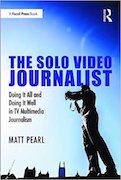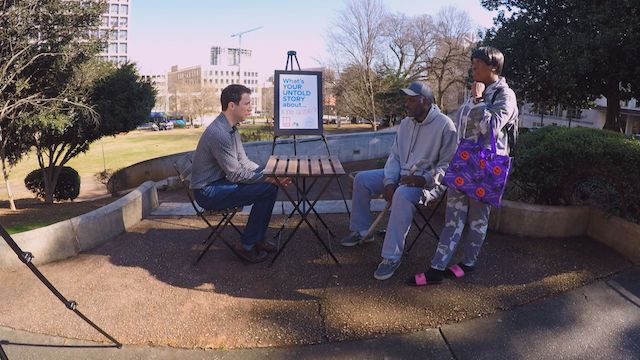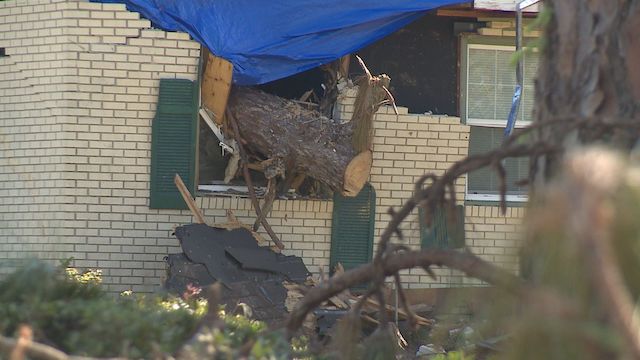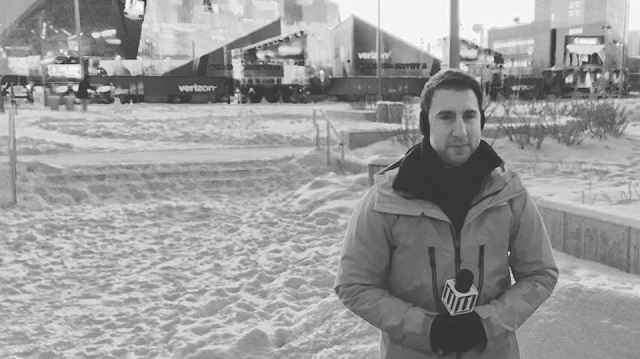Representation is what counts. I hear this all the time from people whose communities lack it in politics, entertainment, and media. And in my field, I support that cause fully.
Newsrooms need voices that represent their communities. We must surround ourselves with people of different backgrounds and encourage those people to raise their voices about issues that affect them. This applies across the spectrum, from race and gender to political party, sexual orientation, and religion. I promote this in my work, from ensuring a diverse guest list on my podcast to encouraging younger journalists to understand their power. In the short and long term, representation matters.
But in preaching this message, I worry that we assign too much responsibility to the underrepresented. Yes, we should prioritize finding a diversity of voices, but we should not absolve journalists in the majority of understanding those voices.
The fact is, if you are a journalist, you will be required to cover people who are not like you. Maybe they don’t look like you. Maybe they don’t follow the same faith as you. Maybe they don’t share any number of beliefs and values that affect perspectives and perceptions. But stories will arise that will place you on unfamiliar ground. You must be willing to take the extra step. Beyond that, you should not only seek stories from those with common backgrounds. You should work to connect and build trust with other communities, especially if their stories too rarely get told.
Journalism is an imperfect science. We must turn unfamiliar assignments into accurate, compelling, relevant stories, often in a matter of hours. We won’t always get it right, and we should forgive ourselves for the occasional slip. But we cannot avoid the responsibility or expectations of our positions. One shoddy, superficial story can inflict massive damage to a reporter’s credibility. Each piece requires the same grind and outreach, no matter the barrier.
This brings me to my latest project, KOREATL.
A manager approached me with the idea in the fall: “There’s this huge Korean community in metro Atlanta that no one knows about, so let’s use the Olympics as a springboard to focus on it.”
It awoke my appetite. I had spent time in the community on an assignment over the summer, and I saw the potential for a powerful segment about identity and integration in immigrant communities.
I came back to my manager with a structure. I pitched a 20-minute mini-documentary that would explore those themes and could be broken down into two Olympic weeks of on-air segments. He loved it, and I got to work.
My first step was to seek out voices. My producer and I met at bakeries, made phone calls, and held a month’s worth of conversations before shooting a single frame. We digested what we heard and discussed how to present it. Then, during my various shoots, I kept my ears open and resisted to impulse to make judgments and blanket statements. I did not want to paint a community with one brush. I wanted the individuals to provide their own perspectives.
I also made an early decision that, in my mind, became crucial to the project: I kept my own voice silent.
For the first time in my career, I produced a long-form story that didn’t include my audio track as a reporter. This made my job much more challenging; in the end, I shot 15 hours of video for a 20-minute clip. But the work paid off in clarity and mission.
I take great pride in the work we produced, mainly because it has received unanimously positive reaction from both inside and outside the Korean community. The mini-doc went live Monday and became one of our most-watched YouTube videos of the week. I hope it will continue to inspire conversations and expand perspectives.
Representation matters most, but it should not simply be outsourced to the underrepresented. All of us in this field must prioritize it, with an empathetic ear, an open mind, and a willingness to not always seek the easiest path.

The Solo Video Journalist is available for purchase. You can find it on Amazon, Barnes & Noble, and the publisher’s web site.
Matt Pearl is the author of the Telling the Story blog and podcast. Feel free to comment below or e-mail Matt at matt@tellingthestoryblog.com. You can also follow Matt on Facebook and Twitter.









